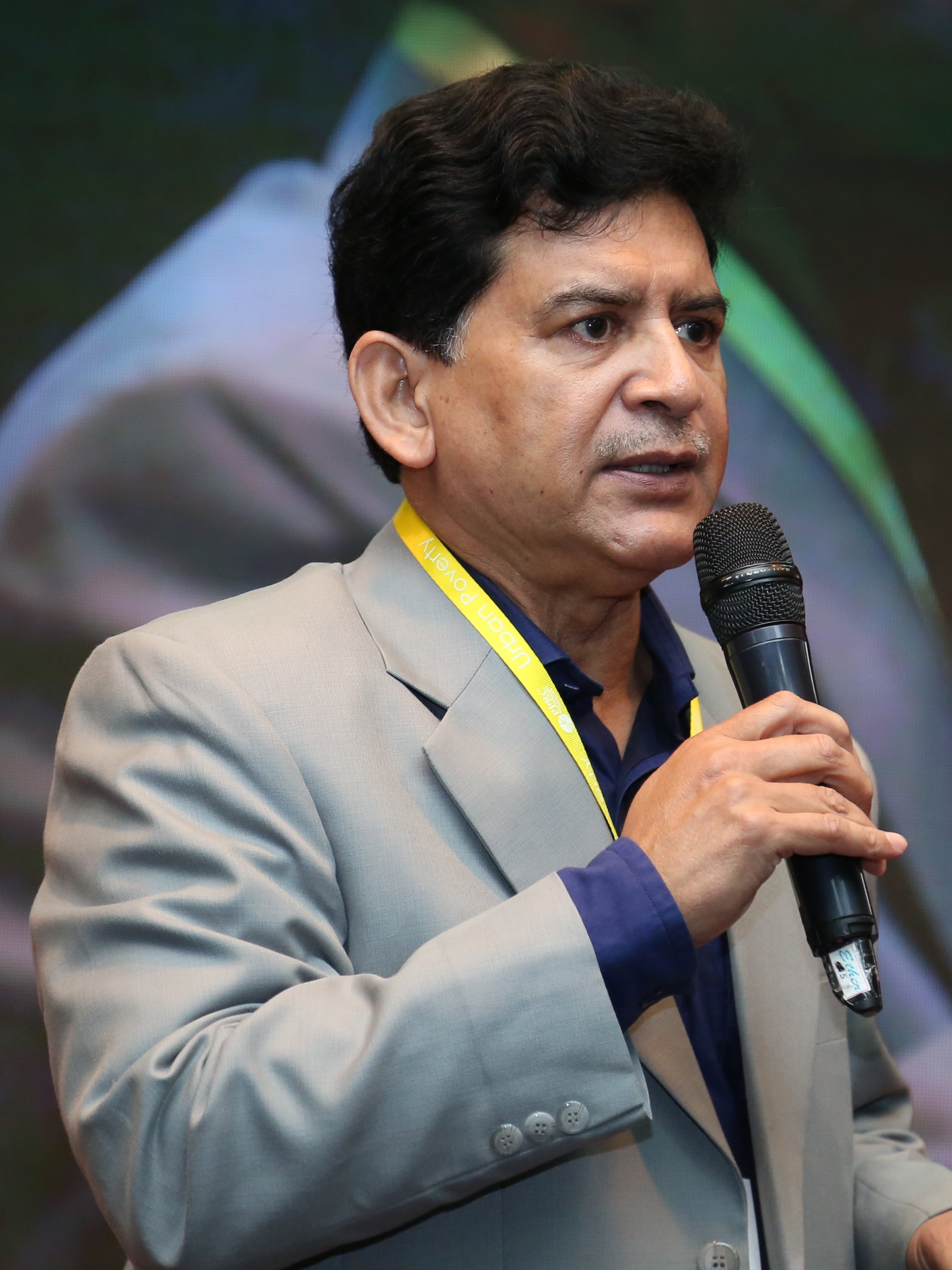Fostering Inclusive Growth and Effective Governance in Bangladesh’s Political Landscape
“We must redefine inclusion—not as charity, but as the recognition and empowerment of those who carry the economy on their shoulders. And we must build governance systems that serve, not suppress, the aspirations of our people.”
Dr. Hossain Zillur Rahman, Chairman, BRAC and Executive Chairman of Power and Participation Research Center (PPRC
At the Empowering Bangladesh Conference, Dr. Hossain Zillur Rahman—renowned economist, former Adviser to the Caretaker Government, Chairman of BRAC, and Executive Chairman of the Power and Participation Research Center (PPRC)—offered a compelling vision for inclusive development grounded in political accountability and economic empowerment.
In his presentation, “Fostering Inclusive Growth and Effective Governance in Bangladesh’s Political Landscape,” Dr. Rahman challenged conventional models of inclusion that rely solely on social aid or top-down redistribution. Instead, he advocated for empowering the country’s real economic drivers—workers in agriculture, small businesses, and the informal sector—to achieve meaningful, bottom-up progress.
He further emphasized the critical role of institutional checks and balances, arguing that inclusive growth is inseparable from good governance. Without effective and accountable institutions, he warned, the political landscape remains vulnerable to centralization of power and creeping authoritarianism.
“Inclusive growth – we tend to focus too much on the social, like how we can make lives easier for the poor. But really it is about people like workers and SMEs and farmers and garment workers who work tirelessly and how we can bring them to the center seat of economic growth. As for effective governance — political discourse relating to governance is becoming one sided, namely, balance of power. How does fascism take root in Bangladesh? Because of imbalance.”

